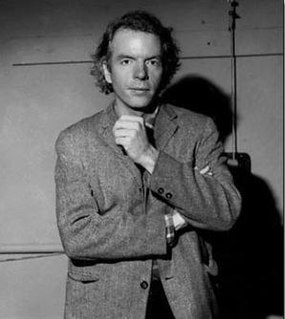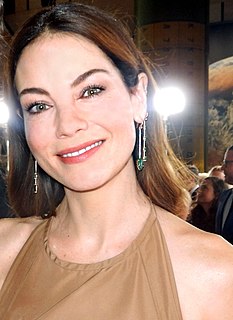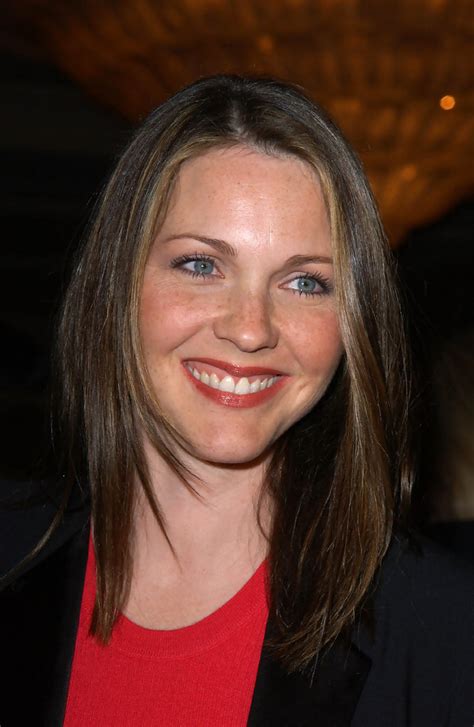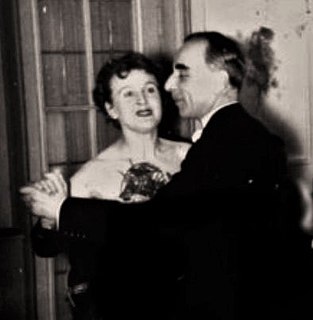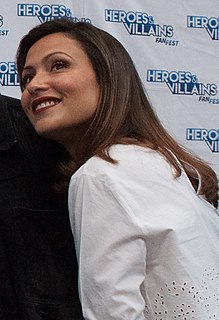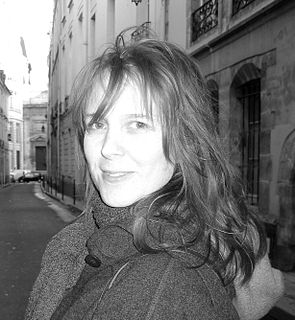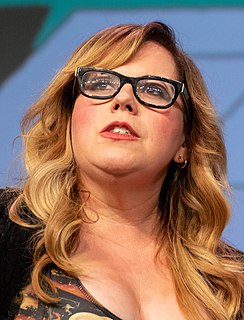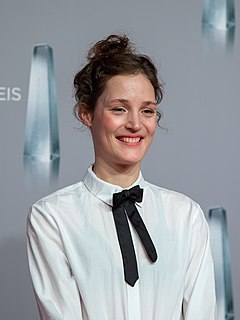Top 86 Monologues Quotes & Sayings - Page 2
Explore popular Monologues quotes.
Last updated on November 30, 2024.
He was a volatile mixture of confidence and vulnerability. He could deliver extended monologues on professional matters, then promptly stop in his tracks to peer inquisitively into his guest's eyes for signs of boredom or mockery, being intelligent enough to be unable fully to believe in his own claims to significance. He might, in a past life, have been a particularly canny and sharp-tongued royal advisor.
I learned capacity for self-reflection very early, finding it through interior monologues that books are so good at and that visual media is so bad at because it's so boring - nothing's happening. In a book, you can be inside the narrator's head for 50 pages, and nothing needs to happen. Then you learn to be inside your own head without something needing to happen. It's a very good antidote to a crazy, restless, "what's next?" culture - that you can just be in your own head and nothing is happening except that this is a rich place. I love that.
There's, you know, there's an ideology behind Ultron that makes him more unique that just a bad guy. He doesn't wanna just kill the Avengers. He doesn't wanna just destroy the world. He has these monologues and these beautiful speeches that kind of embody a certain mentality about what's wrong with humanity.
Shakespeare is absolutely big in Africa. I guess he's big everywhere. Growing up, Shakespeare was the thing. You'd learn monologues and you'd recite them. And just like hip-hop, it made you feel like you knew how to speak English really well. You had a mastery of the English language to some extent.
Plot involves fragmentary reality, and it might involve composite reality. Fragmentary reality is the view of the individual. Composite reality is the community or state view. Fragmentary reality is always set against composite reality. Virginia Woolf did this by creating fragmentary monologues and for a while this was all the rage in literature. She was a genius. In the hands of the merely talented it came off like gibberish.
[True Detective] is an intense show, even in terms of the dialogue - there's a little rhythm to it, in particular in his monologues. I think on those days, he [Woody Harrelson] really had to stay in the zone. Because there's a certain cadence in which that character speaks and talks about life, you know? But then there are other days that he was able to be a little more loose.
I started acting when I was five years old. I found it randomly, through listening to my brother study monologues. I auditorally started memorizing them for no reason, and started repeating them to anyone who would listen to me. And then, I begged my mom to let me do whatever that meant because I couldn't put into words exactly what that meant. It just meant me happy. And then, when I was 11 years old, I realized what I was doing and I looked to my mom and said, "Can I make this something I can do for the rest of my life?" She was like, "Yeah, sure, if you want to." And I was like, "Okay, great! I think I might want to do this forever."
My brother Trev went to the Professional Performing Arts School in New York, and he used to do his monologues and stuff and rehearse in our apartment. So I used to hear him all the time doing these things over and over and over. And when I was a little girl, I used to soak up everything - like anything anyone did, I soaked it up.
My experience as a Jewish American has often been as a spectator of one-sided conversations, or more like monologues, about Israel, Jewish History, Jewish identity, etc. Although there are profound divisions amongst Jews on all of these topics there are not many opportunities for deep and thoughtful dialogue about them.
The difference between listening and pretending to listen, I discovered, is enormous. One is fluid, the other is rigid. One is alive, the other is stuffed. Eventually, I found a radical way of thinking about listening. Real listening is a willingness to let the other person change you. When I’m willing to let them change me, something happens between us that’s more interesting than a pair of dueling monologues.
They're not gong to give Hateful Eight its credit now, they'll give it its credit later. Hateful Eight was too long. I think we've indulged Quentin [Tarantino] so much with his monologues. Quentin has this very strong cult following around him and his projects, and people are always expecting so much from him.
We did monologues and scenes, and New York I did a scene from Amadeus and a monologue from Pounding Nails in the Floor With My Forehead by Eric Bogosian, and then in L.A. I switched the scene to This is Our Youth and did the same monologue. I was spiky-haired, super skinny. A lot of people were like, "You should come here and do a sitcom." That was the feedback that I got. Obviously it was quite a different journey than the one I've actually had, but I just listened to people.
my belief in the sacrament of the Eucharist is simple: without touch, God is a monologue, an idea, a philosophy; he must touch and be touched, the tongue on flesh, and that touch is the result of the monologues, the idea, the philosophies which led to faith; but in the instant of the touch there is no place for thinking, for talking; the silent touch affirms all that, and goes deeper: it affirms the mysteries of love and mortality.
I really needed to dramatize and clarify that Rachel was taking strides towards her own healing and her own sobriety - and that she was actually thoroughly frightened about what she may have done.This was something that was so beautifully done in the book [The Girl on the Train] through inner monologue, but I couldn't just have a whole film filled with inner monologues. So going to Alcoholics Anonymous was a very simple solution to that problem.
I believe in the pursuit of happiness. Not its attainment, nor its final definition, but its pursuit. I believe in the journey, not the arrival; in conversation, not monologues; in multiple questions rather than any single answer. I believe in the struggle to remake ourselves and challenge each other in the spirit of eternal forgiveness, in the awareness that none of us knows for sure what happiness truly is, but each of us knows the imperative to keep searching. I believe in the possibility of surprising joy, of serenity through pain, of homecoming through exile.








